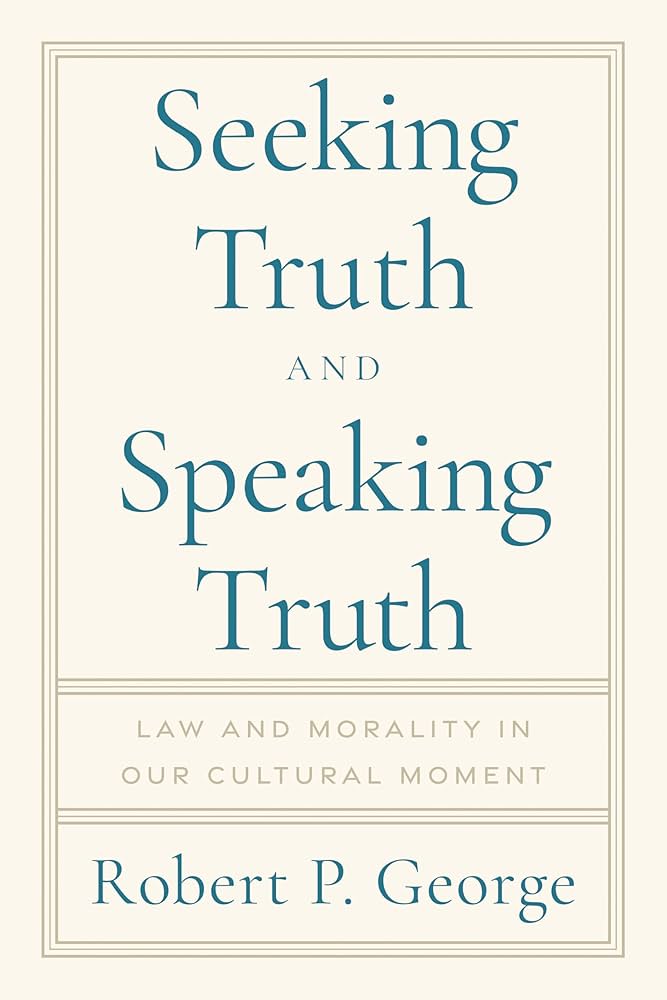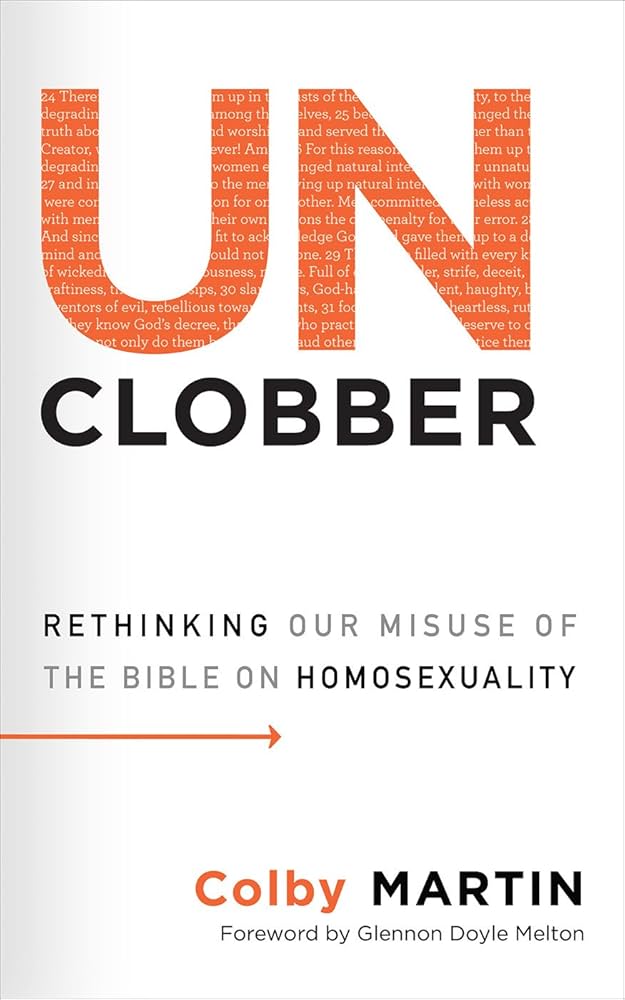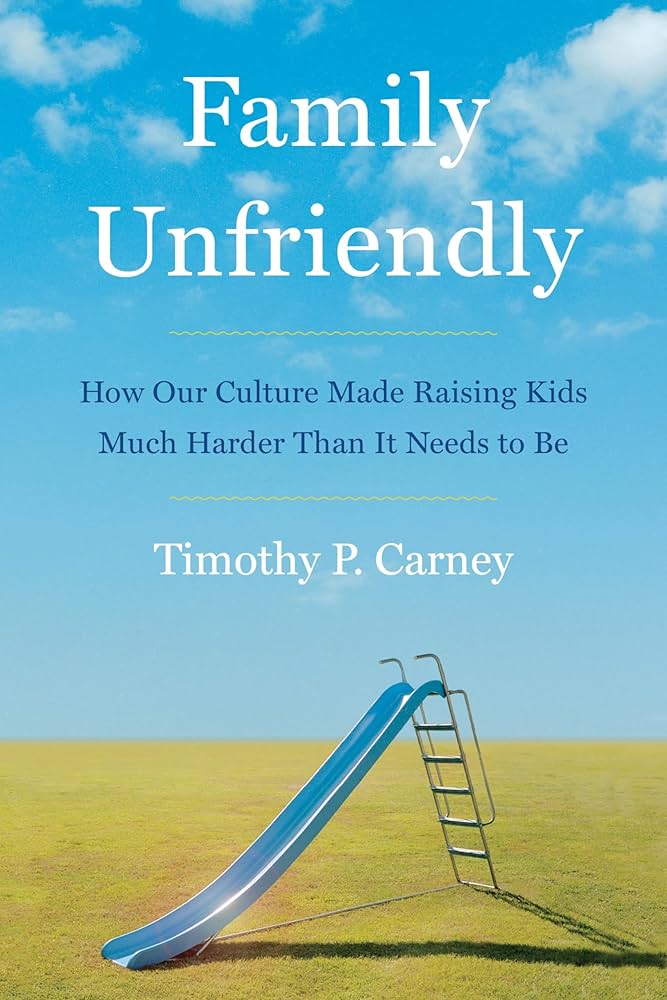
The Puritans offer a rich vein of example and encouragement we can mine in our own discipleship. They are easy to admire for their doctrinal vibrancy. They are worthy of emulation in their heartfelt piety. And they arrest our temptation toward easy-believism with the testimony of their own suffering. These are a few of the ways our forebears in the faith edify and equip us for a life of biblical faithfulness.
There are additional, if less familiar, aspects of their way of life that we can consider with equal benefit as we seek to imitate their faith (Heb. 13:7). The high esteem in which they held the gifts and graces of the women in their midst is a case in point. Puritan minister John Cotton (1584–1652), preaching on the opening verses of John 12 where Mary of Bethany anointed Jesus’ feet to the consternation of his disciples, marked this observation: “Godly women, being attentive to the ministry of the Word, may sometimes understand and be more apprehensive of the mysteries of salvation than the best ministers of the gospel.” It is difficult to think of a figure upon whom the Puritan community lavished more honor than a faithful minister. And yet, with no indication that he was saying anything extraordinary, Cotton reminded his congregation that, as believing women applied themselves to his word, God may grant surpassing spiritual sensitivity.
The aim of this article is to commend the regard Puritans regularly exercised toward women, not only as co-heirs with Christ, but also as vital gospel partners in the work of becoming more like him. We can be instructed by their example. Because Cotton spent decades of fruitful ministry in both England and the American colonies, we can take him as representative as we explore the collection of his letters to discern four ways he postured himself toward the women in his life.
Holy Helpfulness
In reading Cotton’s letters, it becomes apparent that he made a point of remembering the wives of his male correspondents. Going beyond an appended greeting or brief thanksgiving, Cotton acknowledged the way these women, too — often wives of his ministerial colleagues — were engaged with the situation discussed in the body of the letter. And since the majority of these letters were written to solicit Cotton’s counsel, we can see his recognition of their wives as a gentle reminder for the husbands to be sure and do the same.
 To take one example, Cotton wrote to a colleague who had lost his right to preach, and so also his livelihood, because he would not conform to practices required by the Church of England. In closing his letter, Cotton wrote, “commend me (with mine) to your good yoke-fellow; tell her, she must now abound in thankfulness to God, and in comfort to you, especially now when other outward comforters fail. If a friend loves at all times, and a brother is born for adversity, how much more a Christian friend, a beloved sister, a faithful wife?” Noteworthy here is not only Cotton’s reminder that the man’s wife too is peering over the precipice of this loss, but also his affirmation that she is the vital, faithful friend that he needs now more than ever.
To take one example, Cotton wrote to a colleague who had lost his right to preach, and so also his livelihood, because he would not conform to practices required by the Church of England. In closing his letter, Cotton wrote, “commend me (with mine) to your good yoke-fellow; tell her, she must now abound in thankfulness to God, and in comfort to you, especially now when other outward comforters fail. If a friend loves at all times, and a brother is born for adversity, how much more a Christian friend, a beloved sister, a faithful wife?” Noteworthy here is not only Cotton’s reminder that the man’s wife too is peering over the precipice of this loss, but also his affirmation that she is the vital, faithful friend that he needs now more than ever.
A second and more serious example comes in a letter to Stephen Bachiler, who had lost his ministry for soliciting his neighbor’s wife. Cotton opened by calling the older man to fall on his knees and not get up again until Psalm 51 had become the true cry of his sinful heart. In this process Cotton saw a vital place for Bachiler’s wife. He wrote, “Commend my dear love to your good wife, the companion of your labors, travails, and sorrow: the Lord enlarge her heart to holy helpfulness to you under this heavy burden.” The assumption behind this commendation was the biblical one that, despite its very real impact on his wife, Bachiler’s infidelity was a sin first and deepest between himself and his Lord. In this, Bachiler’s wife could, the Lord strengthening her, provide him help. That help was emphatically not the kind to indulge, enable, or excuse his sin. Rather, it was to be a “holy” help. She was the means God had appointed to serve his repentance. Even as she carried her own shame and sorrow to the Lord, in other words, she was to call her husband to be reconciled to God.
A Vow to Keep
When Cotton counseled men in relation to women, he consistently equated integrity toward them with obedience to God. To take one example, young Richard Saltonstall, Jr., the son of a prominent English family, arrived in New England in 1630. Emigration itself was a drastic step in the pursuit of God-honoring worship, but Saltonstall desired to be more radical still. He took a vow that he would never return to England. Not long after, his wife, Muriel, became ill. Unable to find relief in New England, she sought a cure in England and was effectively treated by physicians there. Richard wrote to Cotton for help to resolve the tension between the two vows he had made; one to God, requiring him to stay, and the other to his wife, obliging him to go.
Cotton’s response took each vow seriously and in turn. First, he wrote, “God calls you to a due and serious humiliation of yourself for your vow of continuance here.” That vow had been taken with good and pious intent, no doubt. It was nevertheless “unsafe” because it had the effect of “restrain[ing]…God’s sovereign right” to (re)position his children as he saw fit for “his best advantage in Christ Jesus.” Cotton did not wave the first vow away as if it — and the desire to serve God that it represented — did not matter. But he did require that it now “give place to that solemn vow which you made to God with your wife, in marrying, of cohabitation with her and cherishing and nourishing her health and comfort as your own flesh.” In fact, no true tension existed between these two commitments. Richard’s obedience to nourish and cherish his wife was now the way he would fulfill his pledge to be sold-out in his service of God; “or else the vow of man might dispense with the moral commandment of God.”
The Lord Lead You in All His Holy Truth
Cotton also invested time in corresponding with women directly. This way of putting it is meant to stress both that Cotton was the most eminent preacher in New England, and that the resulting torrent of his correspondence regularly included fellow ministers, colony governors, churchmen from the Continent, powerful advocates — and critics — back home in England, and even Oliver Cromwell himself as Lord Protector. It is telling, therefore, that we do not have a single instance of a woman writing to Cotton without receiving an answer. Nor did he break off his letters to women with a complaint over his lack of time, as he was often compelled to do with the men. Further, the responses he provided women who wrote him were as rich in Scripture, history, and theology as any he composed for the graduates of Cambridge.
In one example, a “dear sister” wrote Cotton to know whether God had provided parents with the power to bless their children. Cotton dignified this domestic request by working through the breadth of Scripture to discover examples of parents who did “daily pray to God for a blessing upon their children.” He took a similar approach when Lydia Gaunt wrote to ask him a series of questions about infant baptism. It is remarkable to remember, in reading his thorough response, that Cotton had just published a 300-page book detailing his answer to many of these same questions. Yet he was not content to refer her away. Instead, he presented her with a pastoral summary of the strongest arguments detailed in the book, concluding with the prayer that, “the Lord guide and bless you, leading you into all his holy truth fit for you to know.”
A Cup of God’s Mingling Is Doubtless Sweet
Fourth, and a personal favorite, we are given a glimpse at the affection he exercised toward his own wife. As a leading non-conformist in the England of Archbishop Laud, Cotton was forced in the early 1630s to take refuge in the Puritan underground until he could emigrate to the new world. A letter he wrote his new bride, Sarah, from hiding is worth reading slowly:
“If our heavenly Father be pleased to make our yoke more heavy than we did so soon expect, remember what we have heard, that our heavenly Husband, the Lord Jesus, when he first called us to fellowship with himself, called us unto this condition, to deny ourselves, and to take up our cross daily to follow him. And truly, sweetheart, though this cup may be brackish at the first taste, yet a cup of God’s mingling is doubtless sweet in the bottom to such as have learned to make it their greatest happiness to partake with Christ in his glory, and so in the way that leadeth to it…[I] desire also to see you here, but I think it not safe yet….For if you should now travel this way, I fear you will be watched and dogged at the heels. But I hope shortly God will make a way for your safe coming….The Lord watch over you for all good and reveal himself in the guidance of all our affairs. So with my love to you, as myself, I rest, desirous of your rest and peace in Him.”
To paraphrase this powerful statement: I love you. I want to see you and see you safe. But most of all, I want us to rest together in the strong arms and the good heart of our heavenly Father, who promises that the way of the cross is the way to glory and joy forevermore! We can walk under that light and easy yoke together.
Conclusion
The church, in our current moment, is confronting the question of how best to embody the biblical value women carry. The Puritans, of whom John Cotton stands as a representative, consistently modeled a meaningfully high view of women. For the Puritans, women are means of grace, gifted of God, gospel partners, and therefore necessary goods in marriage, family, church, and society. As we look to the Puritans to discover fresh encouragement in our own discipleship, this is an aspect of their example that we would do well to imitate.
Nathan Tarr serves as an adjunct professor at Southeastern Baptist Theological Seminary and as a chaplain in the Air National Guard.
Share This Article


